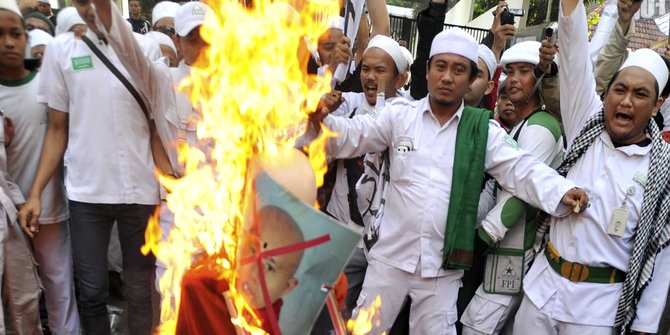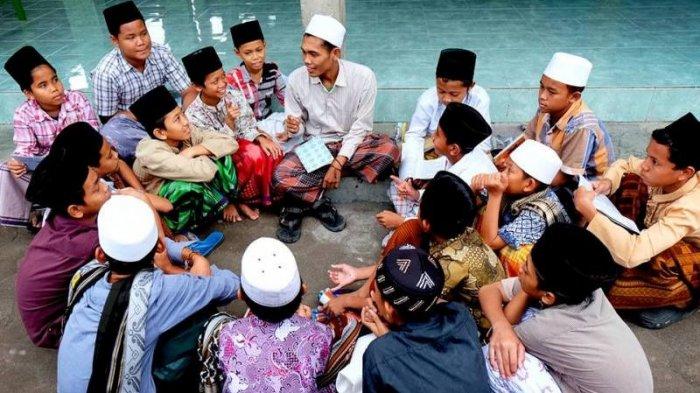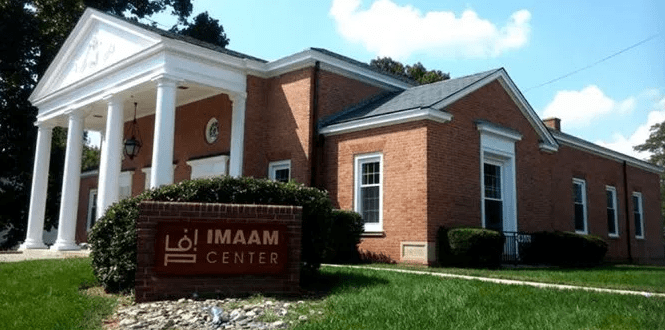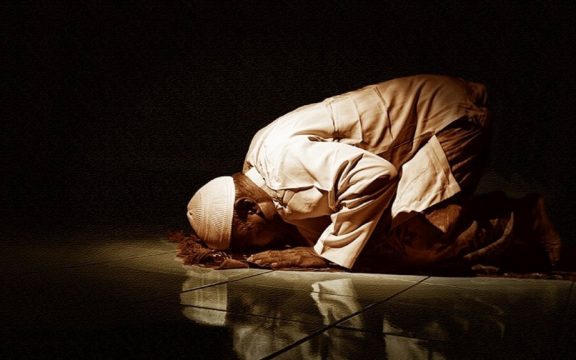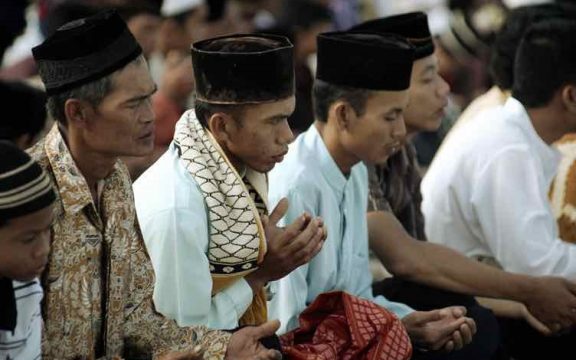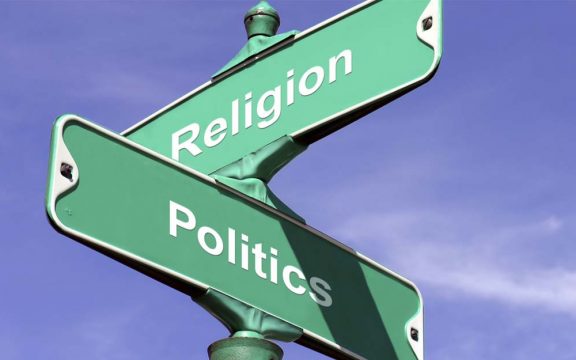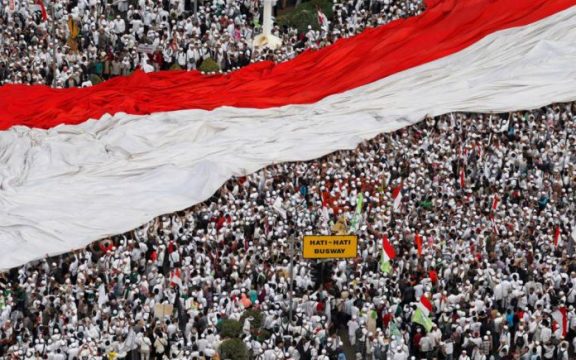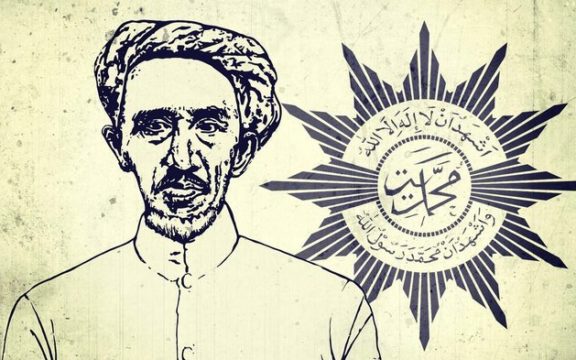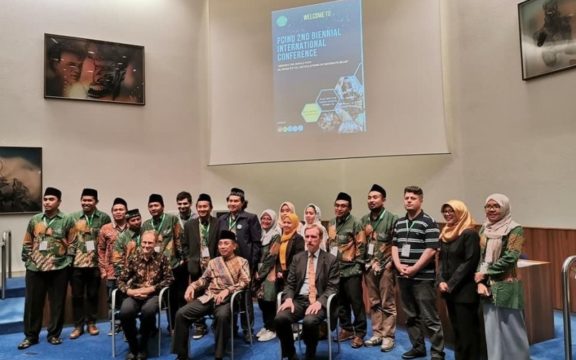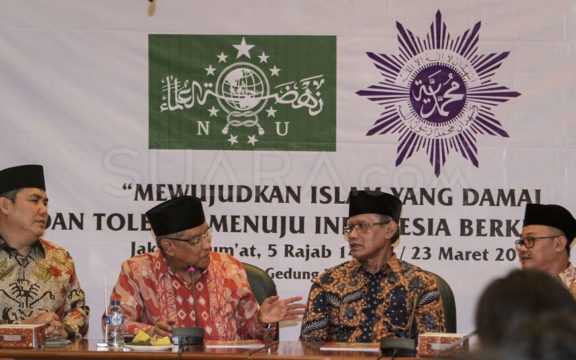Like many countries in the world, Indonesia faces the challenge of increasing cases of hate speeches. During 2014-2018, the Wahid Foundation recorded 120 broadcasts of religious hatred with non-state actors. Meanwhile the National Police noted the number of hate speeches, including religious hate speeches, in 2017 reaching 3,325 cases. This figure is up 44.99% from 2016 which amounted to 1,829 cases.
The outbreak of this phenomenon triggers a question, is Indonesia running on the way to an increasingly intolerant face and leaving behind the claim of Indonesia as a moderate and tolerant country? In 2017, Ben Rogers, a British Christian Solidarity Worldwide (CSW) researcher, wrote in a pessimistic tone: Stop calling Indonesia as a Model. According to Rogers, the Indonesian tradition of moderation is finished, thus in ten years, Indonesia could possibly become Pakistan.
This study views that the practice of religious hate speech is an unavoidable phenomenon as a result of increasing practices of politicizing religious hatred. Another term that is similar is the “hate spin” proposed by Cherian George, a lecturer at Hong Kong Baptist University.
The practices of politicization presupposed a process that seeks to make religious-based hatred a material and capital in influencing political negotiation and decision making. Michael Zurn, researcher of the Transnational conflict Research Unit and international institutions at the Social Science Research Center, Berlin, Germany, said the process of politicization usually contains three things in the form of efforts to raise awareness, mobilization, and contestation.
The most perfect example of this process is the politicization of hatred in the election of regional heads in the Capital City targeting Basuki “Ahok” Tjahaya Purnama. Politicization in this political moment shows that “public awareness” of other groups that are hated must be built up and not necessarily successful. The narratives of rejecting the infidel (non-Muslim) leader against Basuki was in fact unsuccessful in boosting the massive mobilization of the masses known as the 212. movement. A new wave of mass emerged under the umbrella of the issue of desecration and insult to Islam in Ahok’s speech in Pulau Seribu, September 2016.
The incident increased the interest of the masses in state and government institutions such as the police and courts to punish Basuki, while continuing to mobilize wider support to gain votes in the voting booths.
Meanwhile, mobilization in the practice of politicization refers to an increase in the amount of resources spent to influence political negotiations and decision making. These resources can be in the form of networking, funding, and so on.
Politicization also presupposes that mobilization works do not appear in empty spaces. It is present in the context of politics and various political competition or narratives. Those who try to politicize hatred try to compete with their opponents and convince the wider public that their actions are good and even good for people’s lives. Contestation refers to the conflicting views regarding the common good and the conflicting demands of political institutions.
Of course the practice of politicization presupposes the subject or active actors. These agents of politicization are basically all individuals or groups participating in the political process, such as politicians, experts and representatives of interests, or those who are in a position to regulate the political process. According to Andrew Fenton Cooper, professor of political science at Waterloo University of Ontario in Canada, in Celebrity Diplomacy (2007), sometimes celebrities can also be agents of politicization: for example, celebrities can introduce certain things into the political space or bring political intervention.
As a process in which politicizing agents take part, the speech trend of hatred is thus not something steady or stagnant. The ups and downs of this trend are generally related to links between the activism of politicizing agents, public awareness, and available political moments. It is understandable why hate broadcast cases as described in the WF report are rising ahead of political moments such as the election of one head of office, regent, mayor, governor, or president and vice president.
In the era of globalization and information disruption, the threat of hate speeches seems inevitable. It is a symptom of disruption that will be passed by people and countries with diverse ethnicities, races, religions, origins. If so, then the most pragmatic choice is that we must, as suggested Jeffrey Israel, professor of religious studies at Williams College in America, live with hatred (Living with Hate).
Translated from the original article https://islami.co/kebencian-tren-siar-kebencian-pakai-agama-di-indonesia/, written by Alamsyah M Dja’far on, 19 February 2020.
![Islami[dot]co](https://en.islami.co/wp-content/themes/jambualas/images/logo.png)
